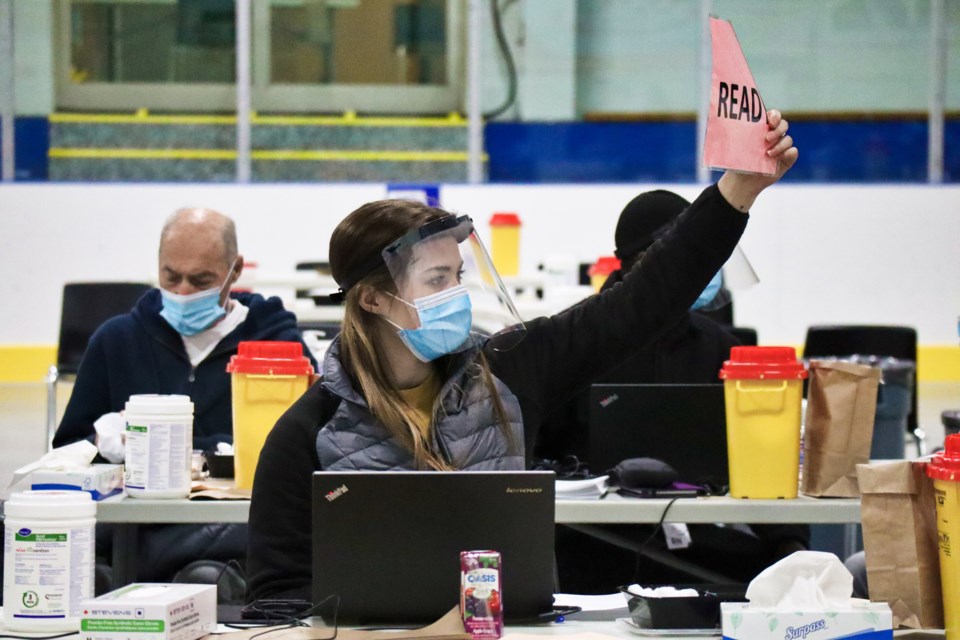People who had COVID-19 should still be vaccinated when their opportunity comes, says Dr. Matthew Tenenbaum, associate medical officer of health with Wellington-Dufferin-Guelph Public Health.
“We don’t necessarily have much confidence in the strength and duration of the protection you get from a true infection compared to what you get from the vaccine,” he said. “We know there are some other infections where the protection you get from the vaccine can actually be better than what you get from a natural infection.
“That may be the case with COVID, we just don’t know.”
Until then, it’s a case of better safe than sorry in Tenenbaum’s eyes.
“We probably have a firmer handle on the vaccine immune response than we do on the natural immune response, in part because we don’t necessarily know every case, the cases aren’t being investigated in these well-controlled study environments and have that kind of systematic follow-up,” he explained, comparing naturally occurring cases to those involved with vaccine trials.
“We don’t put a lot of stock in the protection they might have from the natural infection. We want to have a little more certainty and that’s why we would give (previous COVID-19 patients) the vaccine.”
As of Tuesday, just over 11 per cent of eligible people in WDG Public Health’s coverage area have received at least one dose of vaccine.
As directed by the province, many people who had appointments scheduled to receive their second dose have received cancelation notices.
“It’s based upon the science saying that after a single dose, most people are going to have a reasonably long lasting, reasonably strong immune response,” Tenenbaum said. “At a population level, it makes more sense to give more people some protection than to give a smaller fraction of people fuller protection.”
Second doses can be delayed “up to 16 weeks," he added, based on “the best science we have right now” – a combination of real-world and clinical trial data.
The Pfizer vaccine is believed to be 95 per cent effective after two doses and 90 per cent or better after a single dose.
“It’s about getting some protection into more arms before we get optimal protection into every arm,” Tenenbaum said.
“We figure that if someone’s had COVID in the past, they, by virtue of whatever situation put them at risk before, are probably at risk of being exposed again. Whether that’s risk because of the work they do, risk because of the area they live in or the kinds of interactions they have with others. So those people would still benefit from the vaccine.”
